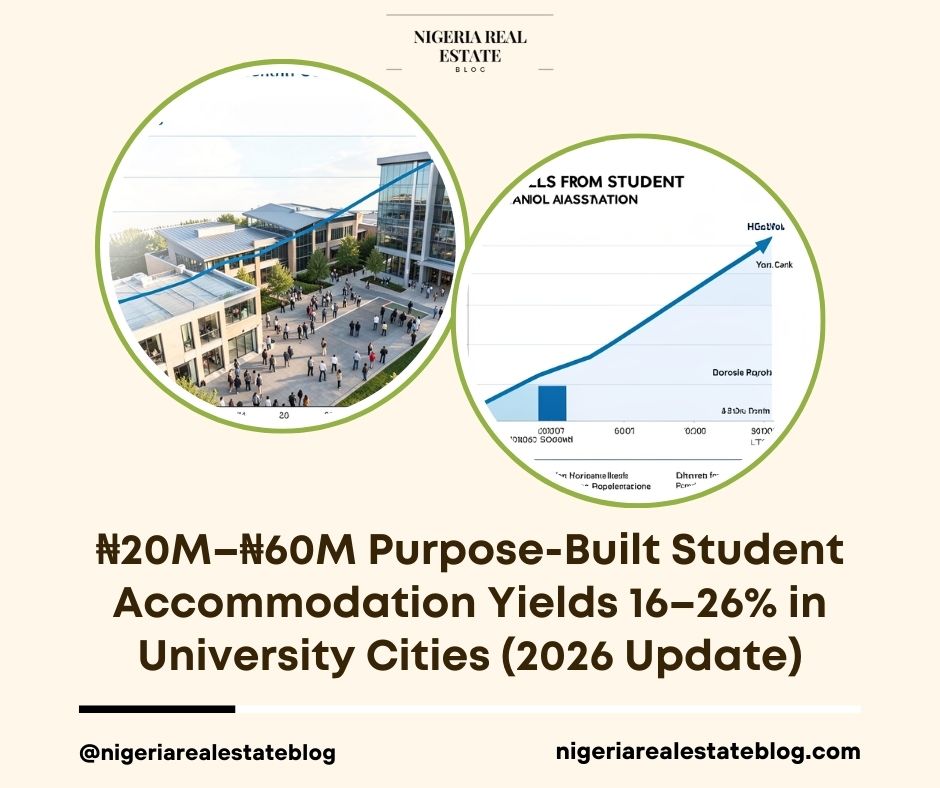
Nigeria’s Housing Shortage Hits 28 Million Units: What It Means for Investors in 2025
Nigeria’s Housing Shortage: The 2025 Reality
Nigeria’s housing gap has grown to an estimated 28 million units in 2025, according to the Federal Mortgage Bank of Nigeria (FMBN). Population growth, rapid urban migration, and rising construction costs are widening the deficit.
For investors, this is both a challenge and a massive opportunity.
Why the Deficit is Growing
-
Urban migration – Cities like Lagos, Abuja, and Port Harcourt are expanding faster than housing supply.
-
High construction costs – Cement prices have jumped over 30% in two years.
-
Low mortgage access – Less than 10% of Nigerians can access mortgage financing.
-
Land acquisition bottlenecks – Lengthy approval processes delay housing projects.
Where the Opportunity Lies
-
Affordable housing developments – High demand in the N10m–N25m price range.
-
Rent-to-own schemes – Attract middle-income earners unable to secure traditional mortgages.
-
Government partnerships – State-backed housing schemes offer incentives for developers.
-
Urban regeneration – Converting underutilized land in cities into residential estates.
My Take
Investors who move early into mid-income housing will capture the biggest market share. There’s also room for proptech solutions that streamline land acquisition, financing, and construction.


